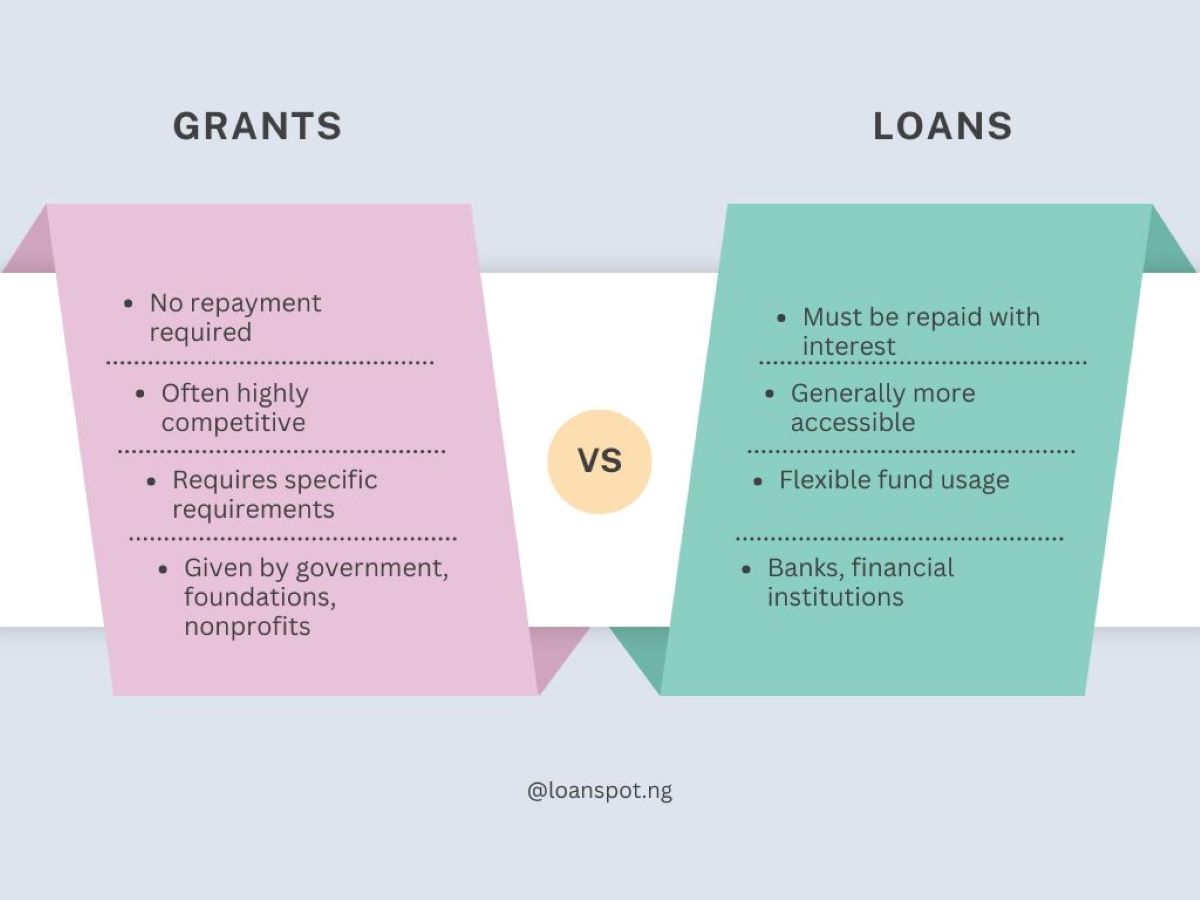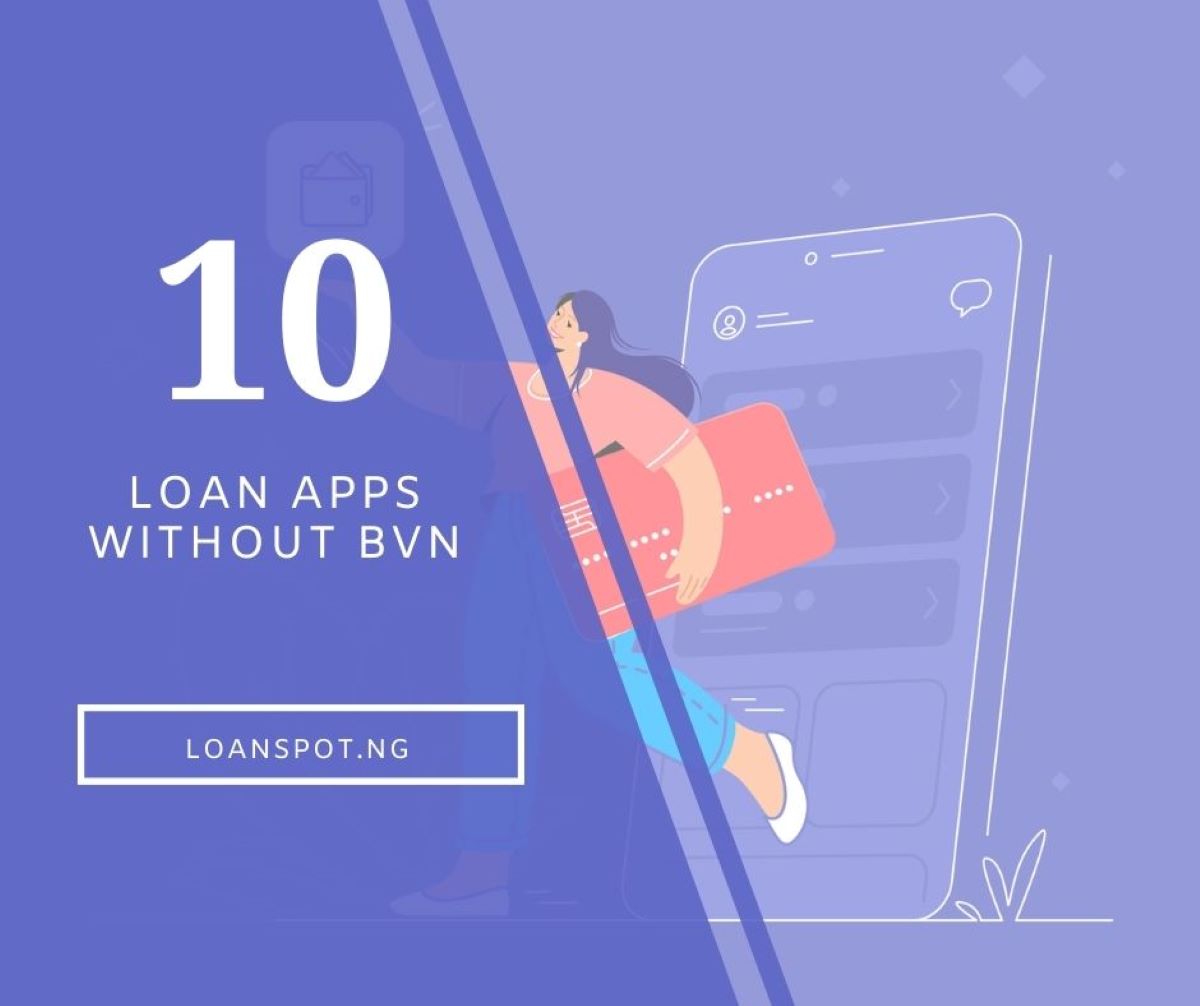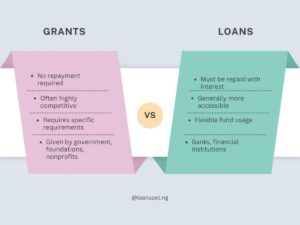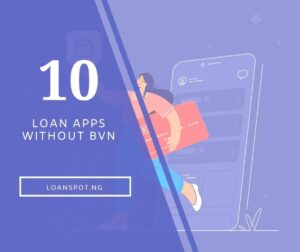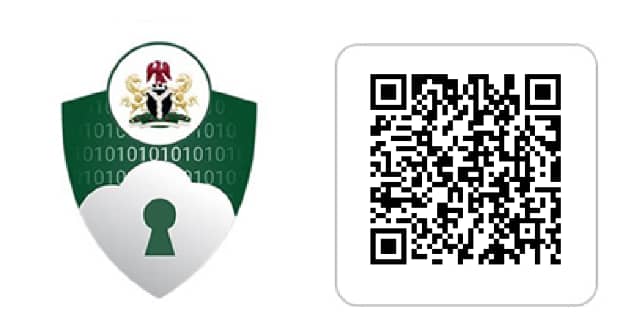You’re a young professional in Lagos, dreaming of furthering your education, or maybe you’re a family man in Abuja, wanting to give your home a much-needed facelift.
Perhaps you’re a small business owner in Port Harcourt facing an unexpected setback.
What do these scenarios have in common?
They all point to a growing need for funds –hence, the increasing popularity of personal loans in Nigeria.
Gone are the days of solely relying on family and friends – now, we have more options to meet our financial needs.
In this blog, we’ll explore how personal loans work in Nigeria and why they might be the boost you need.
So, keep reading!
What is a Personal Loan?
A personal loan is a type of loan that you can use for almost any purpose. You borrow a lump sum and repay it in fixed monthly installments over a set period.
For example, you might use a personal loan to consolidate debt, cover medical bills, or finance a home improvement project.
In simpler terms, a personal loan is like borrowing money from that rich uncle of yours, except it’s from a bank or a financial institution.
You get a lump sum of cash, and in return, you promise to pay it back over time, usually with some interest.
It’s that straightforward!
Now, in Nigeria, personal loans come in two: secured and unsecured.
- Secured Personal Loans: Think of these as the “I’ll leave my car with you” type of loans. You offer something valuable (like your car or land documents) as collateral. These loans often come with lower interest rates because the lender feels more secure.
- Unsecured Personal Loans: These are the “trust me, I’m good for it” loans. No collateral needed here! The lender is basically taking your word (and your credit history) that you’ll pay them back. Because it’s riskier for them, these loans might have higher interest rates.
What is a Personal Loan?
A personal loan is essentially a lump sum of money borrowed from a bank, credit union, or online lender.
You repay the loan with fixed monthly installments over a predetermined time frame, known as the loan tenure.
A personal loan has a specific purpose and a set repayment schedule. This can help you stay focused and avoid revolving debt.
Now, in Nigeria, personal loans come in two: secured and unsecured. Let’s chat about the difference:
- Secured Personal Loans: Think of these as the “I’ll leave my car with you” type of loans. You offer something valuable (like your car or land documents) as collateral. It’s a bit like telling the lender, “See? I’m serious about paying you back!” These loans often come with lower interest rates because the lender feels more secure.
- Unsecured Personal Loans: These are the “trust me, I’m good for it” loans. No collateral needed here! The lender is basically taking your word (and your credit history) that you’ll pay them back. Because it’s riskier for them, these loans might have higher interest rates.
Benefits of a Personal Loan
Personal loans offer several advantages:
- Access to Money: They provide you with quick cash to cover unexpected expenses or planned investments.
- Flexible Use: The money borrowed can be used for various purposes, from debt consolidation to medical bills or even starting a business.
- Predictable Payments: Fixed monthly installments make budgeting easier compared to card debt with fluctuating interest rates.
Use Cases for Personal Loans in Nigeria
Here are some common uses for personal loans in Nigeria:
- Debt Consolidation: Combining high-interest debts into one lower-rate loan can simplify repayment and potentially save money.
- Medical Emergencies: Cover unexpected medical bills without straining your savings.
- Education Expenses: Finance tuition fees or other educational costs.
- Home Improvement Projects: Give your home a makeover without dipping into savings.
- Business Investment: Inject capital into your business venture.
Types of Personal Loans Offered in Nigeria
A. Secured vs. Unsecured Loans
- Unsecured Personal Loans: These personal loans don’t require collateral (like a car or house) to secure the loan. However, they often come with higher interest rates.
- Secured Personal Loans: Backed by collateral, these loans typically offer lower interest rates but involve putting an asset at risk if you default on the loan.
B. Term Loans vs. Line of Credit
- Term Loans: This is the most common type of personal loan, offering a one-time lump sum that you repay in fixed installments over a set loan tenure.
- Personal Line of Credit: Functions more like your debit card. You get approved for a maximum amount and can withdraw funds as needed, paying interest only on the used portion. This flexibility can be ideal for ongoing expenses or emergencies.
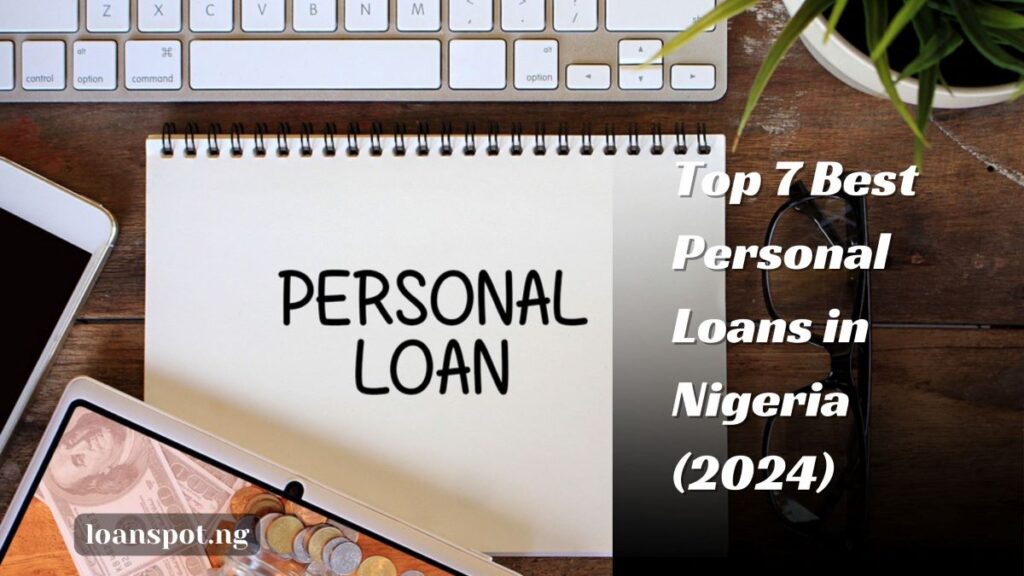
7 Best Personal Loan Providers in Nigeria
1. GTBank’s Quick Credit
GTBank stands out for its low-interest personal loan called Quick Credit, which has a monthly rate of 1.33%.
This is significantly lower compared to many fintech platforms.
GTBank does not require any collateral for this loan.
This makes it highly accessible to working-class Nigerians. Eligible customers can apply through various channels.
These include USSD code, internet banking, or mobile app.
The age requirement for applicants is between 18 and 59 years.
2. FirstBank FirstAdvance
First Bank of Nigeria Ltd. offers FirstAdvance with a reasonable interest rate of 2.5%.
The loan has additional charges.
These include a 1% fiat management charge and 0.50% credit life insurance.
They are collected upfront and the loan term is set at 30 days.
The loan amount is automatically deducted from the borrower’s account upon receipt of their monthly salary.
3. UBA Click Credit
UBA’s Click Credit is a short-term loan.
It is designed to help customers with immediate financial needs and allows borrowing of up to N5 million, repayable in 12 months at a monthly interest rate of 1.58%.
This loan is free of any associated expenses. It does not require paperwork for application.
Customers can apply via USSD code or online banking services.
You can also check out my guide on how to get a loan from UBA Bank.
4. Access Bank’s Payday Loan
Access Bank Plc offers payday loans at a 4% interest rate.
In addition, they also charge a 1% administration fee and a 0.15% credit life insurance fee.
Salary earners with Access Bank accounts can borrow up to 75% of their salaries.
The loan has a term of 30 days.
Loan applications can be made through the bank’s electronic channels, including its USSD code.
5. Zenith Bank’s Term Loan
Zenith Bank provides short-term loans to salary-earning professionals.
Borrowers can take up to 60% of their monthly salaries at a monthly interest rate of 2.16%.
Moreover, they also pay a 1% flat management charge.
These loans are exclusively available to Zenith Bank account holders.
Don’t know how to apply for a Zenith Bank loan?
I’ve got you. Check out my guide on how to get a loan from Zenith Bank in 2024.
6. Fidelity Bank
Fidelity Bank is a prominent choice for personal and business banking in Nigeria.
The bank is recognized for its rapid growth and customer-focused solutions and offers diverse services, including loans and investment services.
It is celebrated for its commitment to social responsibility and sustainable development.
7. Stanbic IBTC Bank
Stanbic IBTC Bank is part of the Standard Bank Group.
The bank offers personal and business banking, mobile banking, loans, and investment services.
The Stanbic IBTC Bank is also known for reliability and efficiency, which makes it a strong candidate for people seeking comprehensive banking.
FAQs
Which bank gives personal loans faster?
Guaranty Trust Bank (GTBank) is known for its quick loan disbursement. Specifically, their GT Salary Advance loan can be disbursed within 24 hours.
This loan is available to staff with active accounts domiciled in GTBank and does not require collateral.
Who gives the cheapest personal loan?
Guaranty Trust Bank (GTBank) currently offers Nigeria’s cheapest personal loan interest rate.
Their Quick Credit loan comes with a monthly interest rate of just 1.33%.
This rate is significantly lower than rates at other banks and fintech platforms.
This makes GTBank’s loans the top choice for many working-class Nigerians.
Just before you go!
Check out What you need to apply for a personal loan.
